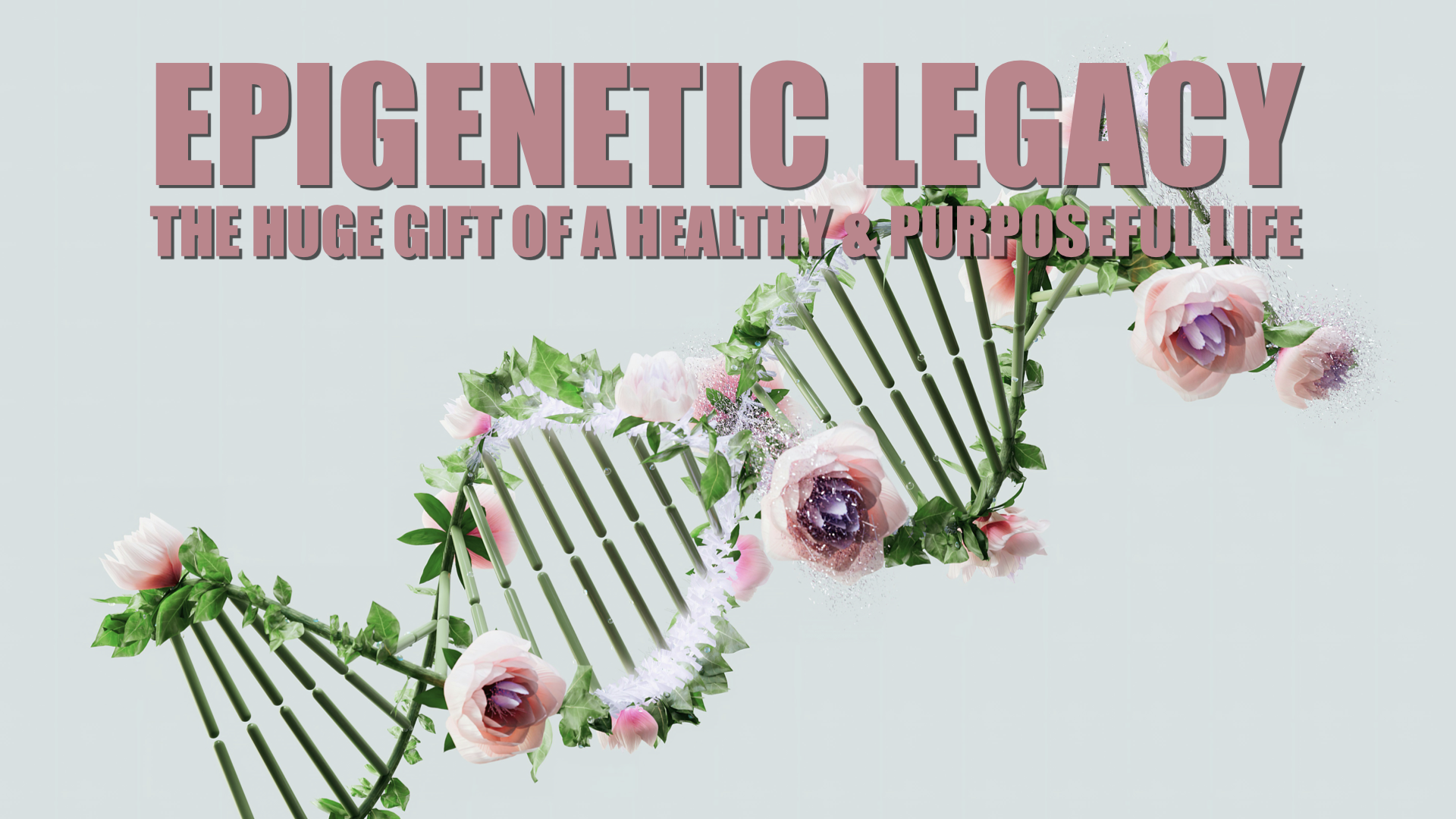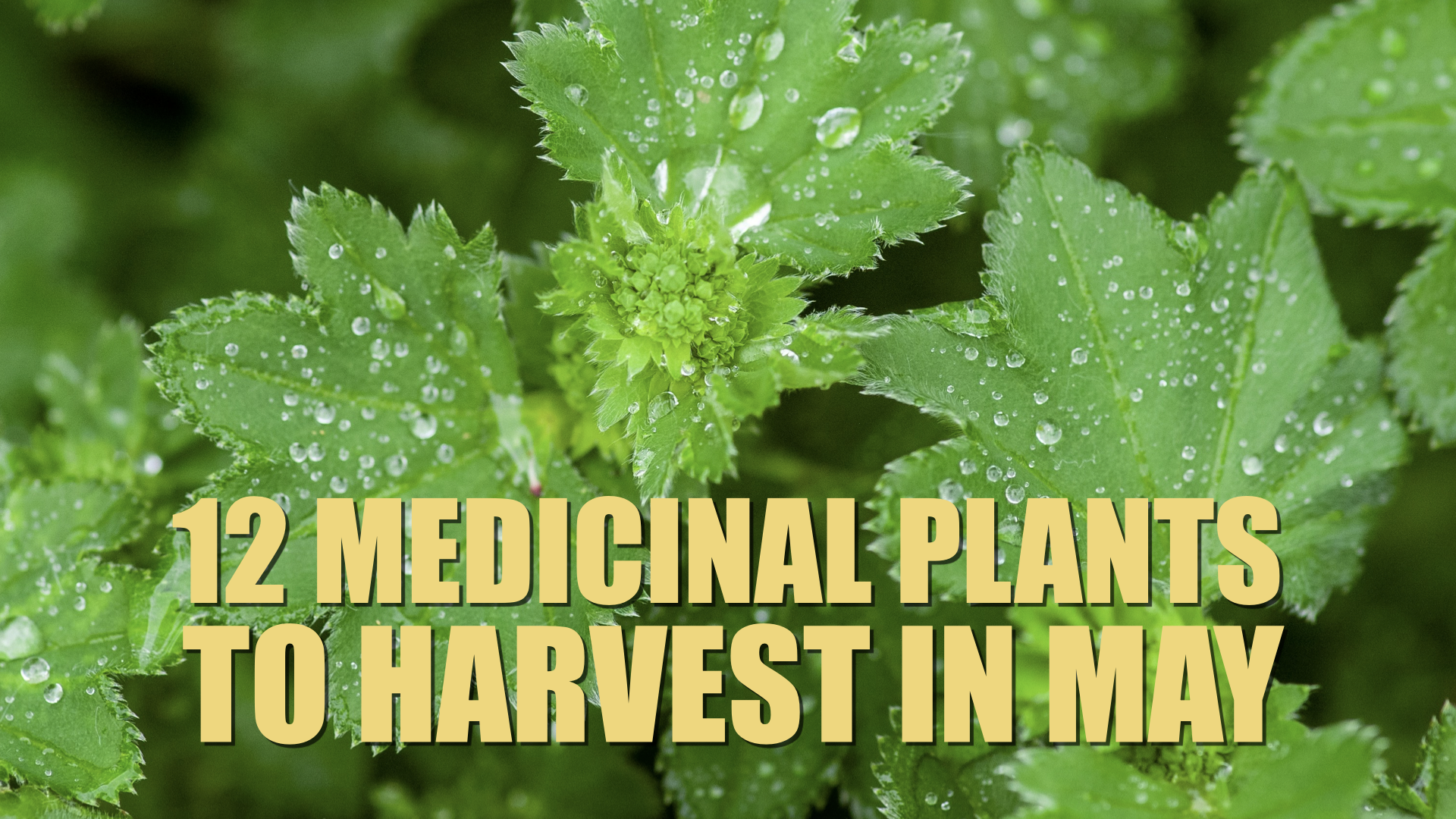What if your everyday choices and the way you live could shape the destiny of your descendants? What if living a healthy and purposeful life also meant healing your bloodline? Science is now uncovering what ancient wisdom long intuited: that your life is not yours alone. In every choice, you are crafting a legacy etched not just in memory, but in biology. You are leaving biological footprints in tomorrow.
We are more than individuals moving through time—we are living links in an ancestral chain, torch-bearers of memory, spirit, and biology. The lives we lead do not begin and end with us. Just as the choices and experiences of our ancestors have shaped the bodies we inhabit and the burdens we carry, so too will our own actions echo forward, touching those yet to be born.
Modern science is beginning to affirm what many ancient Indo-European traditions already held sacred: that a well-lived life—one rooted in purpose, health, and harmony—can influence not just our own fate, but the fate of our descendants. Through the lens of epigenetics, we see that the way we eat, move, rest, relate, and reconnect with nature can mark our genetic expression in ways that may be passed down.
In this view, self-care becomes more than a personal act—it becomes a sacred duty (dharma). Cultivating peace, strength, and vitality is not just for our own benefit, but part of our offering to the future—to the unseen faces of our bloodline. By living in alignment with natural rhythms and ancestral values, we not only heal ourselves, we tend the garden of generations to come.
There’s growing evidence that a healthy, positive lifestyle doesn’t just benefit the individual—it can actually influence how genes are expressed in beneficial ways, sometimes across generations.
Stress Reduction & Mental Well-Being
Chronic stress can lead to negative epigenetic changes, especially in genes related to inflammation, immunity, and mood regulation. But the inverse is also true:
- Mindfulness, meditation, and social connection have been shown to reverse or buffer some of these harmful epigenetic effects.
- For instance, meditation can reduce expression of inflammatory genes and influence gene pathways related to aging.
Implication for future generations: If your stress-response genes are more balanced, you may pass on a more resilient version of those regulatory pathways to your children.
Physical Activity
Exercise changes gene expression in muscle tissue, brain, and fat cells.
- Even a single workout session can lead to epigenetic changes in metabolic and fat-regulating genes.
- Regular movement is associated with better expression of genes involved in longevity and lower disease risk.
Generational effects: While research here is still early, some animal studies show that offspring of physically active parents may have improved metabolism and cognitive function, even if they don’t exercise themselves.
Love, Bonding, and Environment
Emotional warmth and healthy attachment, especially during early development, shape epigenetic patterns in the brain.
- Children raised in nurturing environments have different epigenetic markers on stress-regulating genes compared to those raised with neglect or abuse.
- Secure, loving relationships throughout life help modulate genes involved in mood, immunity, and even learning.
Pass-it-on effect: A calm and emotionally secure parent may pass on a more adaptive neurobiological foundation to their child.
Nature and Lifestyle Alignment
Exposure to natural light, time outdoors, seasonal rhythms, and contact with the natural world have been shown to influence hormone balance, circadian gene expression, and stress regulation.
- There’s even emerging research showing that regular nature immersion may shift epigenetic expression in immune cells.
Intergenerational echoes: These lifestyle patterns may help “reset” maladaptive epigenetic changes from trauma, giving future generations a cleaner slate.
Diet and Nutritional Epigenetics
Food doesn’t just fuel you—it communicates with your genes.
- Crucial nutrients (like folate, B12, choline, and polyphenols in fruits/vegetables) influence DNA methylation—a major epigenetic process that controls gene expression.
- Diets rich in plants, healthy fats, and micronutrients support protective gene expression, including anti-inflammatory and anti-cancer pathways.
Implication for descendants: In studies with mice, well-fed mothers produced offspring with stronger immune responses and healthier metabolisms—epigenetically. This kind of impact is also observed in humans.
Epigenetic Positivity Is Real
Living well isn’t just about feeling good—it’s about changing your biology for the better. This is the promise of epigenetics: that emotional balance, physical vitality, and spiritual alignment don’t just improve your present—they can sculpt a healthier future. You’re not just surviving; you’re programming your body to thrive, and possibly passing those advantages on.
Living well—emotionally, physically, spiritually—doesn’t just make you feel better. It’s likely altering your epigenome in ways that:
- Promote better health, resilience, and emotional balance
- Influence the same gene expressions in your children
- Potentially buffer or even heal inherited wounds
So yes, it’s like a biological echo of good karma: your healing is your lineage’s healing.



